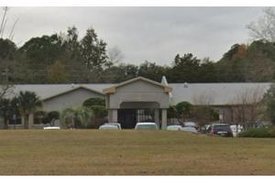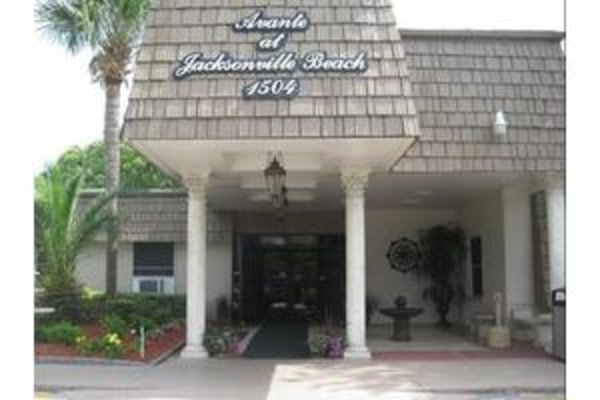
11565 Harts Road , Jacksonville, FL 32218
2.5
(8 reviews)
My brother had a severe arthritis attack and spent a month here.Nice,incredibly clean room with nice furniture.He needed extensive physical therapy,and received world class care from the therapists.We have been through this before,and I know mediocre...
Pricing not available











